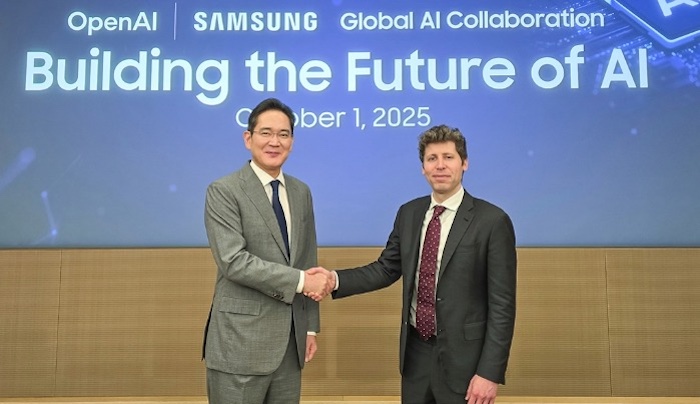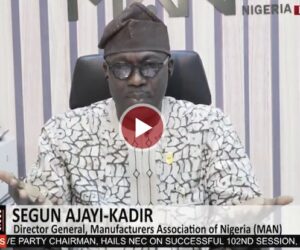South Korea’s leading chipmakers, Samsung Electronics and SK Hynix, have signed letters of intent to supply memory chips for OpenAI’s massive Stargate project, a $500 billion initiative aimed at strengthening the United States’ global leadership in artificial intelligence.
The agreements were announced on Wednesday following a high-level meeting in Seoul between OpenAI CEO Sam Altman, South Korean President Lee Jae Myung, and the chairmen of Samsung Electronics and SK Hynix.
Unveiled by US President Donald Trump in January, the Stargate project is one of the largest AI infrastructure initiatives in history. The plan, backed by major partners including SoftBank and Oracle, seeks to expand global chip availability and accelerate the rollout of advanced AI data centers. Last week, Nvidia pledged up to $100 billion in investments and chip supply for OpenAI under the project.
South Korea’s top presidential adviser, Kim Yong-beom, disclosed that OpenAI is preparing to order 900,000 semiconductor wafers by 2029 and will collaborate with Samsung and SK Hynix to establish two new AI data centers in South Korea, each with an initial 20-megawatt capacity. He also noted that Seoul is open to participating in the project’s financing if necessary.
“The significant part of the Stargate project would be impossible without memory chips from the two companies,” Kim said at a press briefing, adding that the deal positions South Korean firms at the forefront of the world’s largest AI infrastructure build-out.
Samsung and SK Hynix together control nearly 70% of the global DRAM market and almost 80% of the High Bandwidth Memory (HBM) market. HBM, first introduced in 2013, stacks chips vertically to conserve space and power while enabling the rapid processing of vast data volumes—an essential capability for advanced AI applications such as ChatGPT.
With these strengths, South Korea’s chip industry is poised to become an indispensable partner in OpenAI’s global AI ambitions.
The partnership extends beyond semiconductors. Samsung SDS, an affiliate of Samsung Electronics, has signed a deal with OpenAI to develop, build, and operate AI data centers under the Stargate project, while also expanding enterprise AI services. Meanwhile, Samsung Heavy Industries and Samsung C&T will work with OpenAI on floating offshore data centers, designed to reduce cooling costs and carbon emissions.
OpenAI has also deepened its footprint in South Korea by opening its first Seoul office this year. The country now ranks second only to the United States in the number of paying ChatGPT subscribers, reflecting the strong demand for generative AI services.
The presidential office emphasised that the agreements not only secure vital supply chains for the Stargate project but also grant South Korean companies a crucial foothold in the world’s largest AI build-out, reinforcing their role in shaping the next phase of the global technology race.
Melissa Enoch
Follow us on:








